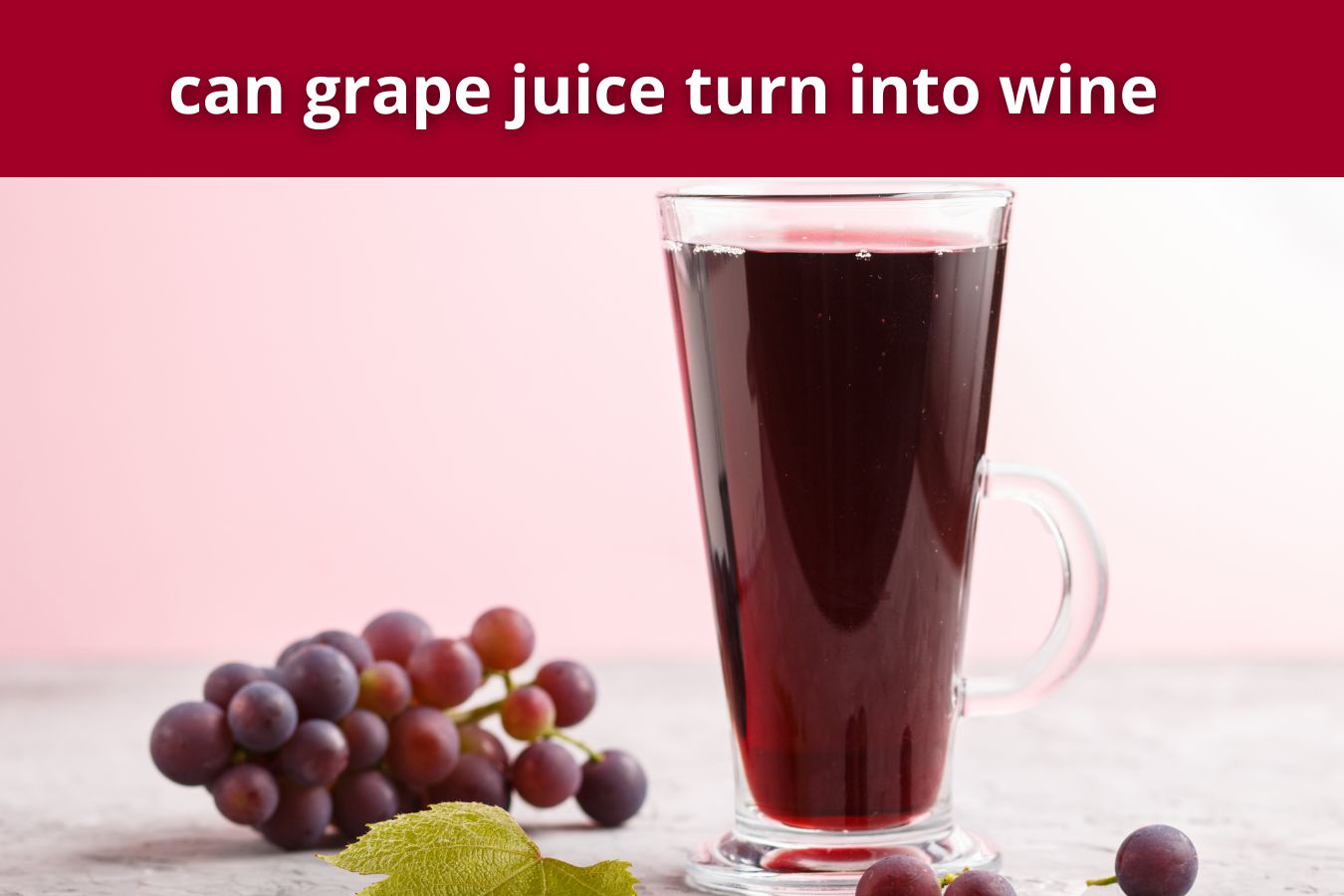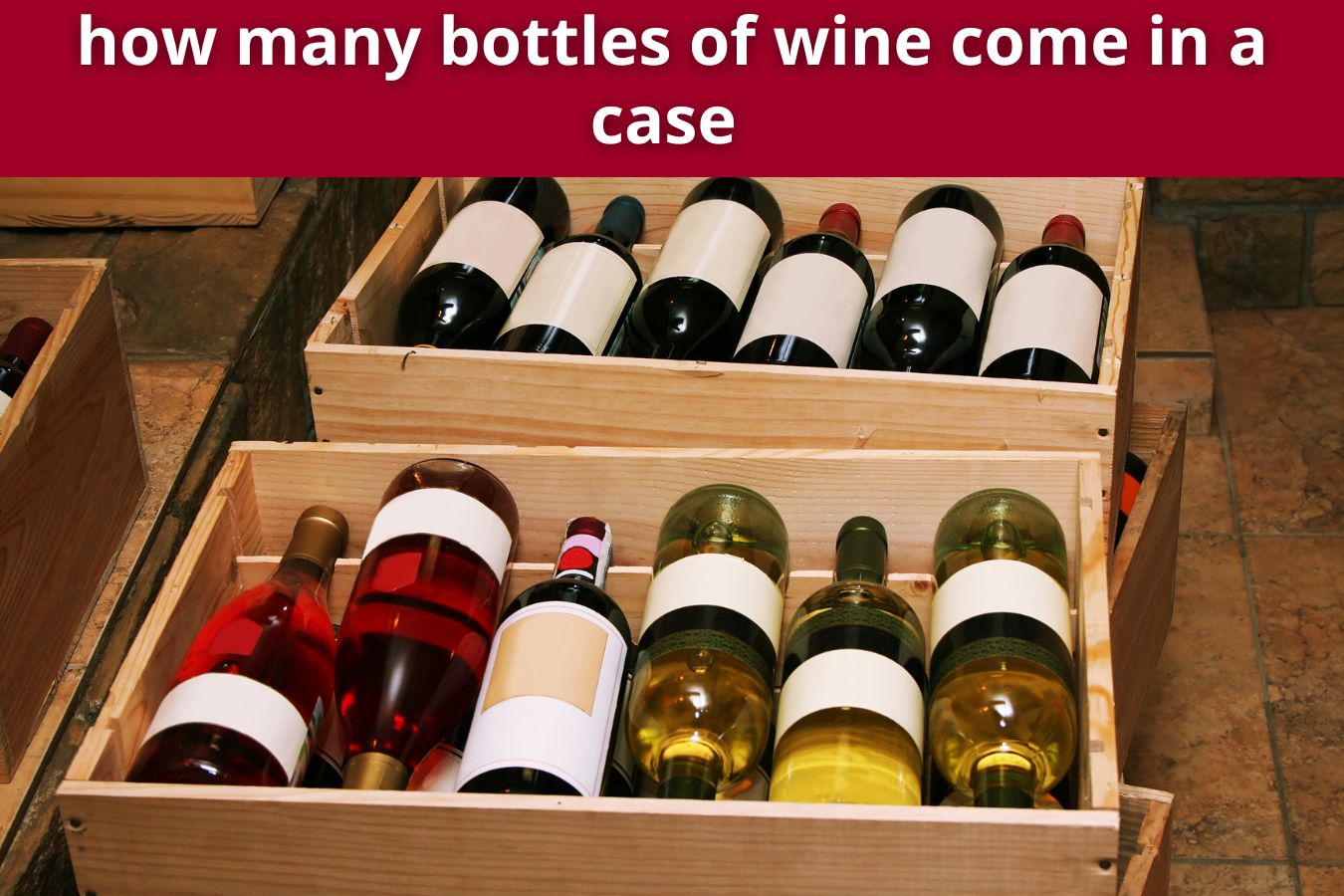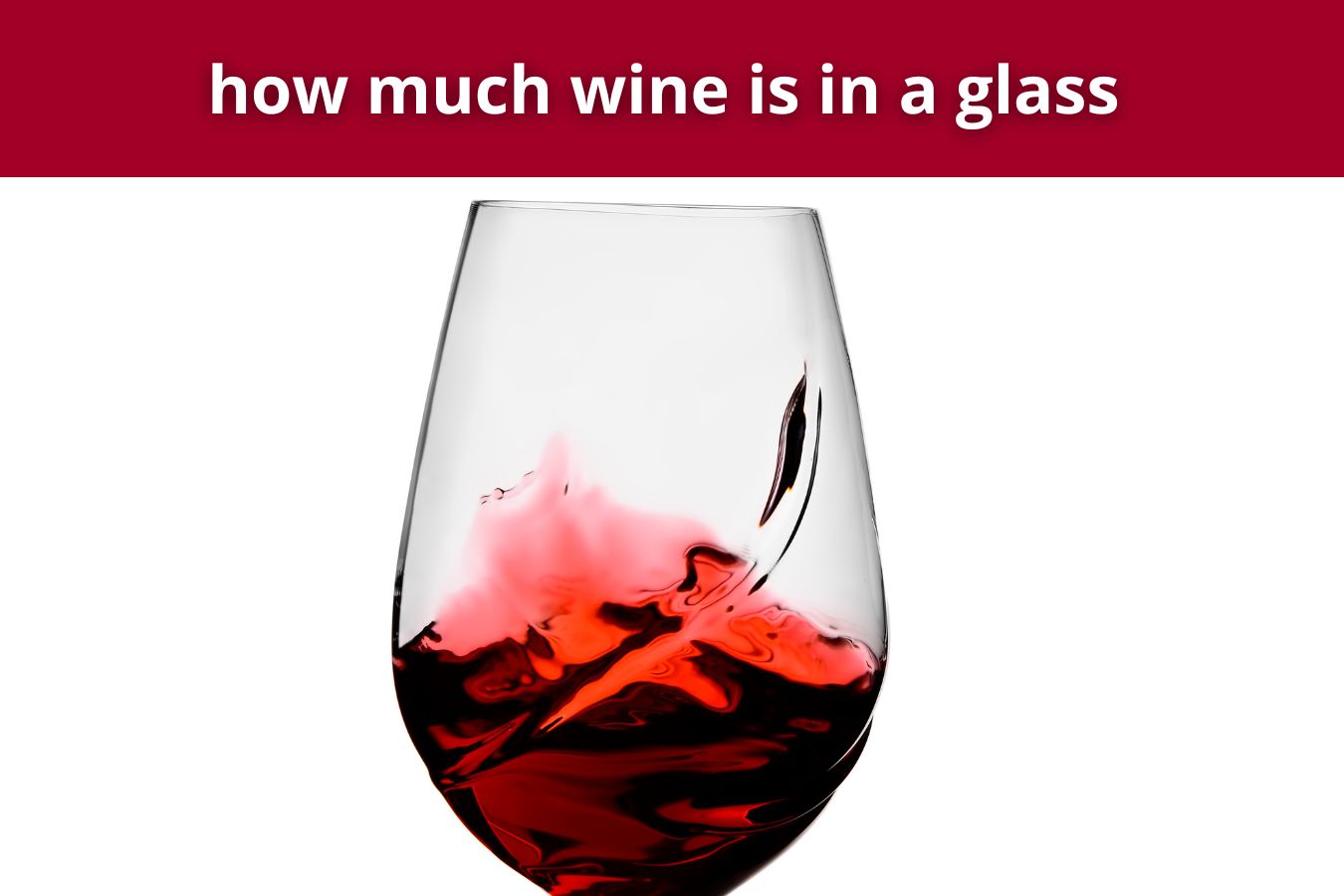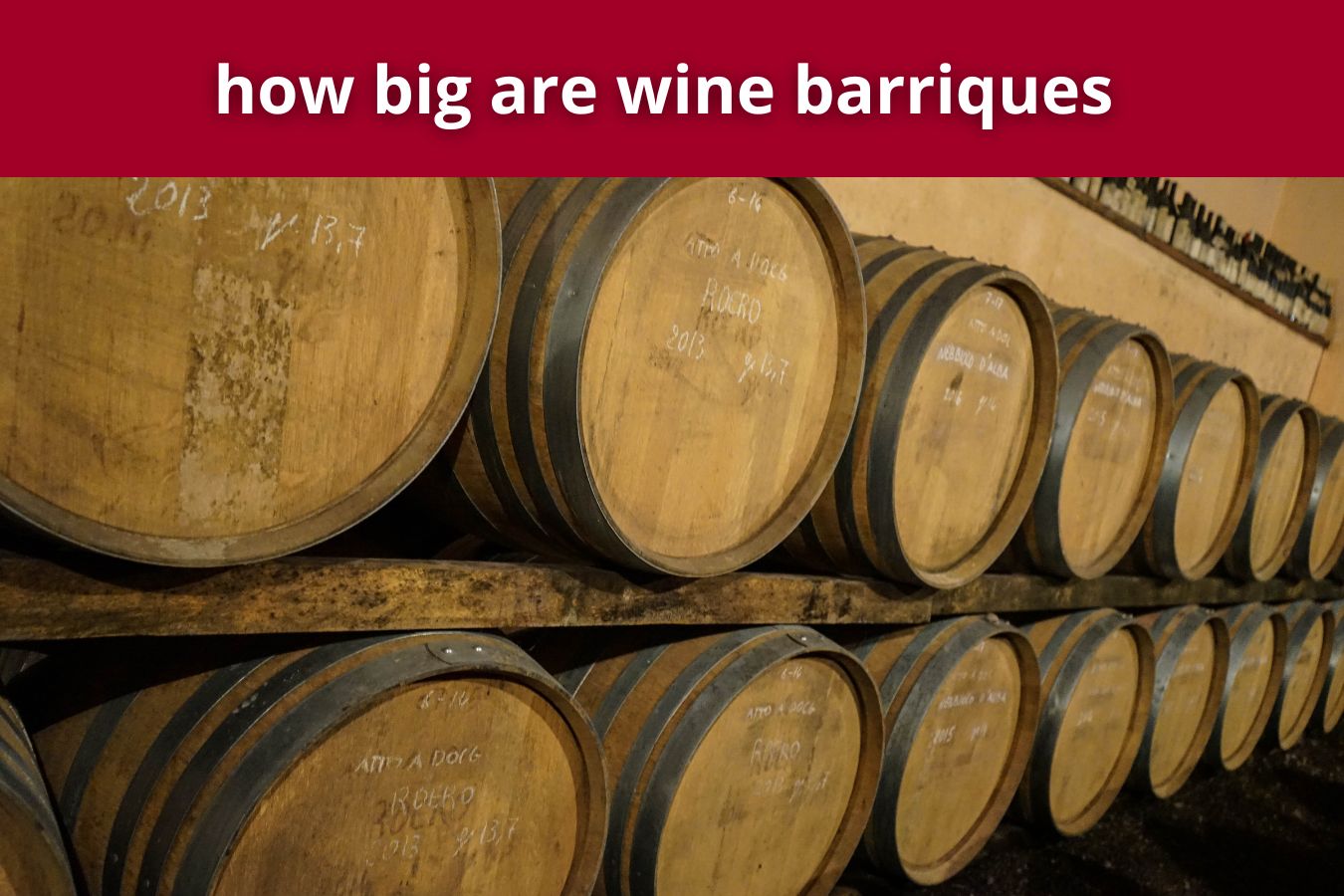Can grape juice turn into wine? Yes, it can! However, it is unlikely to happen overnight, but there are conditions that will cause the juice to ferment into wine. For instance, grape juice must be strained and washed before being used to make wine. If the yeasts are strong enough, the juice will probably turn into wine sooner rather than later. In the 1800s, grape juice was the source of controversy among fundamentalist Christian sects.
Table of Contents
Fermentation process
The fermented fruit is known as wine. Its production depends on yeasts, single-celled organisms that convert sugar into alcohol and carbon dioxide. The fermentation process takes approximately a fortnight. In the first stage, the juice will have a foamy appearance and look like it is boiling. The second stage of the fermentation process will involve the conversion of malic acid into lactic acid. The process will also add a smooth finish and bouquet to the wine.
The fermentation process of grape juice involves two processes. First, the grape juice will be fermented by the yeast. The second step will convert the fruit’s malic acid into lactic acid. This process will decrease the acidity, but will result in loss of colour and more volatile acids. The third stage of the fermentation process will involve the conversion of the fruit’s sugars into alcohol. The final step is bottling.
Ingredients
Depending on the sugar content in your grape juice, you can make up to five gallons of homemade wine. Just make sure that you use a sanitized spoon to stir in the sugar. Once mixed into the juice, yeast will begin to feed on the sugar, turning it into alcohol and carbon dioxide. This process is known as fermentation. It is possible to use brown sugar, which will change the taste and aroma of the finished product. Confectioner’s sugar is another option but it contains corn starch.
Depending on your personal taste, you can make fruit wine with any type of fruit. You can make plum, cherry, blueberry, or peach wines. Some fruits will require additional ingredients, like other kinds of sugars. Consult a wine recipe for the best results. You can even add a dash of lemon juice to make an aromatic wine. It’s best to consult a recipe before attempting to make wine from fresh fruit.
Preservatives
Traditionally, grape juice and other concentrated fruit juices have contained preservatives that prevent them from spoiling. They do so by inhibiting the growth of bacteria, molds and yeast. However, some juices are also preservative-free, as they contain as much as 100% of the daily requirement for vitamin C. Let’s look at some of the main ingredients used to preserve grape juice. Listed below are some of the most common ones.
Sodium Benzoate: This chemical preservative is a crystalline powder that can be used to protect bottled grape juice. It has higher inhibitory properties than Benzoic acid and Citric acid and is therefore more effective under acidic conditions. It has been used for many years in food processing and has been classified as generally recognized as safe. This chemical, however, can have a negative effect on some people’s health.
Yeast nutrients
Yeast is a living organism, and as such, their nutritional requirements are similar to those of all other living things. They need optimum levels of certain nutrients in order to maintain a long lifespan and complete fermentations. Yeast nutritional requirements include a range of compounds with nitrogen, which are essential for maintaining healthy membranes and cellular structures, and defense mechanisms. The best source of these compounds is grape juice and wine.
To feed a yeast population, a vineyard owner must add DAP. This is a compound that promotes healthy cell divisions and a dry finish. In addition, yeast require the same minerals and vitamins as higher animals, such as thiamine and niacinamide. Yeast also require nitrogen, which they get from hulls, which are the inactive bodies of the fungus. Yeast nutrients in grape juice and wine should be derived from a source that provides nitrogen and phosphate to the cells.
Storage of finished wine
After converting grape juice into wine, the next step is to store it. Initially, the wine should be stored in a clean, air-tight container. Winemakers should replace the sanitizer in the airlock once or twice a month. They should also monitor the level of the wine in the vessel and add sulfite as needed. Some winemakers prefer to wait up to a year before bottling their wine.
Once fermentation has ended, the wine should be filtered and stored in bottles. Afterward, it must be aged to a desired level. The wine should be stored in a cool, dark place. A few months is recommended for the wine to develop a smoother flavor. Once the wine has reached its desired level, it should be matured for at least a year. After this time, it should be served or bottled and mature.







